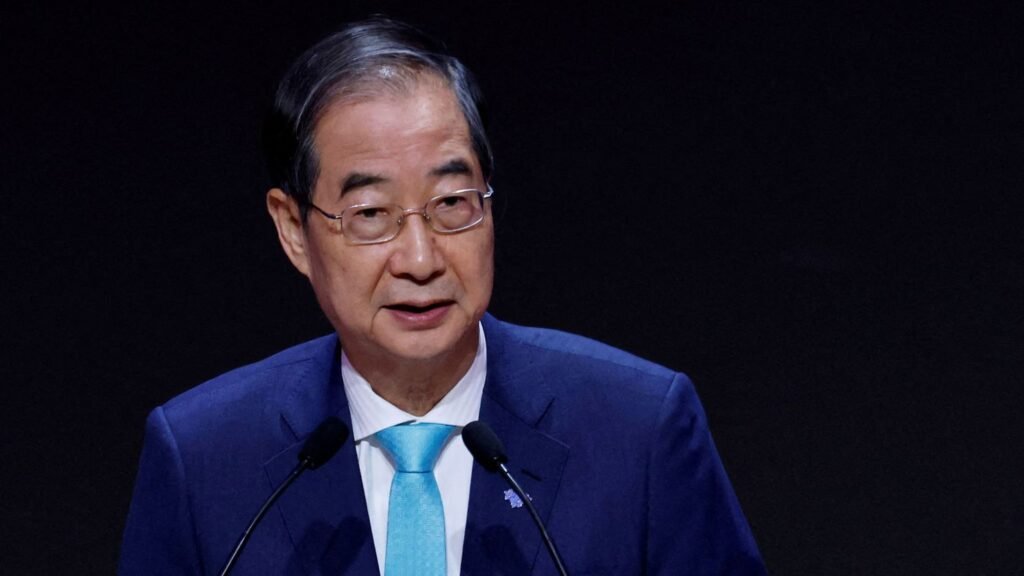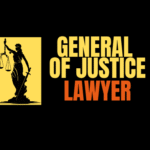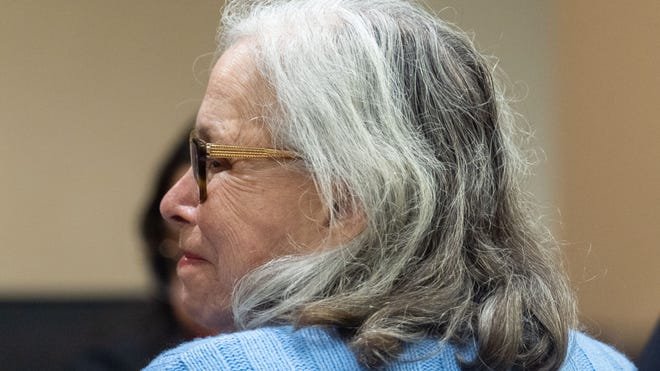
Seoul, South Korea — A Seoul court will hold a hearing Wednesday to determine whether to issue an arrest warrant for former Prime Minister Han Duck-soo, accused of involvement in former President Yoon Suk-yeol’s failed attempt to impose martial law. The court confirmed the hearing schedule on Monday.
The session, set for 1:30 p.m. at the Seoul Central District Court, will weigh whether prosecutors have sufficient grounds to detain Han ahead of trial. Under South Korean law, such hearings are mandatory when prosecutors seek pretrial detention. Judges consider factors like the seriousness of the charges, the risk of evidence destruction, and the likelihood of flight.
Han is accused of abetting insurrection, perjury, falsifying official documents, and destroying records linked to Yoon’s controversial bid to impose emergency rule. If the court grants the arrest warrant, Han will join a growing list of top officials detained in the widening probe, including Yoon himself, who is already standing trial while in custody.
Legal context: arrest warrant hearings
In South Korea, an arrest warrant cannot be issued solely on a prosecutor’s request. A judge must hold a public hearing, where defense lawyers and prosecutors present arguments. This procedure was strengthened after past abuses of prosecutorial power, reflecting the judiciary’s role as a constitutional safeguard.
Han’s case is particularly significant because it involves allegations of insurrection—a crime that strikes at the constitutional order. South Korea’s Criminal Act treats insurrection and related conspiracies as some of the gravest offenses, carrying potential life imprisonment or even capital punishment in extreme cases, though executions have not been carried out since the 1990s.
Political stakes
The warrant hearing comes at a volatile moment, with both a former president and a former prime minister now facing detention over the same martial law crisis. Supporters of the investigation argue it demonstrates the rule of law’s reach to the highest offices. Critics counter that the back-to-back detentions risk paralyzing institutions and fueling political polarization.
The court’s decision—expected within hours after Wednesday’s session—will set the tone for how aggressively prosecutors can pursue former top officials in one of South Korea’s most consequential legal battles in recent memory.
Author

Latest entries
 Donna Adelson Trial2025-09-05Donna Adelson Found Guilty on All Counts in Dan Markel Murder Case
Donna Adelson Trial2025-09-05Donna Adelson Found Guilty on All Counts in Dan Markel Murder Case True Crime2025-09-03Epstein Files: Survivors Break Silence on Capitol Hill
True Crime2025-09-03Epstein Files: Survivors Break Silence on Capitol Hill US2025-09-03Cardi B Assault Trial Verdict — She’s Not The Drama
US2025-09-03Cardi B Assault Trial Verdict — She’s Not The Drama US2025-08-30Jim Crow Era — Louisiana’s Split Juries Problem and the Limits of Retroactivity
US2025-08-30Jim Crow Era — Louisiana’s Split Juries Problem and the Limits of Retroactivity






